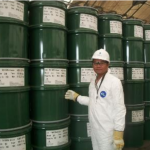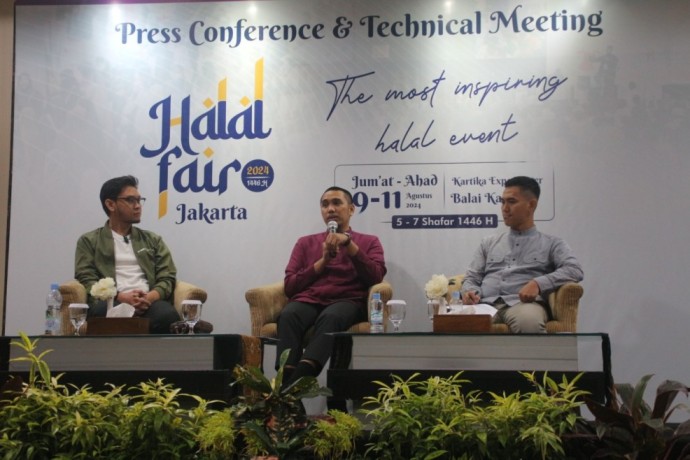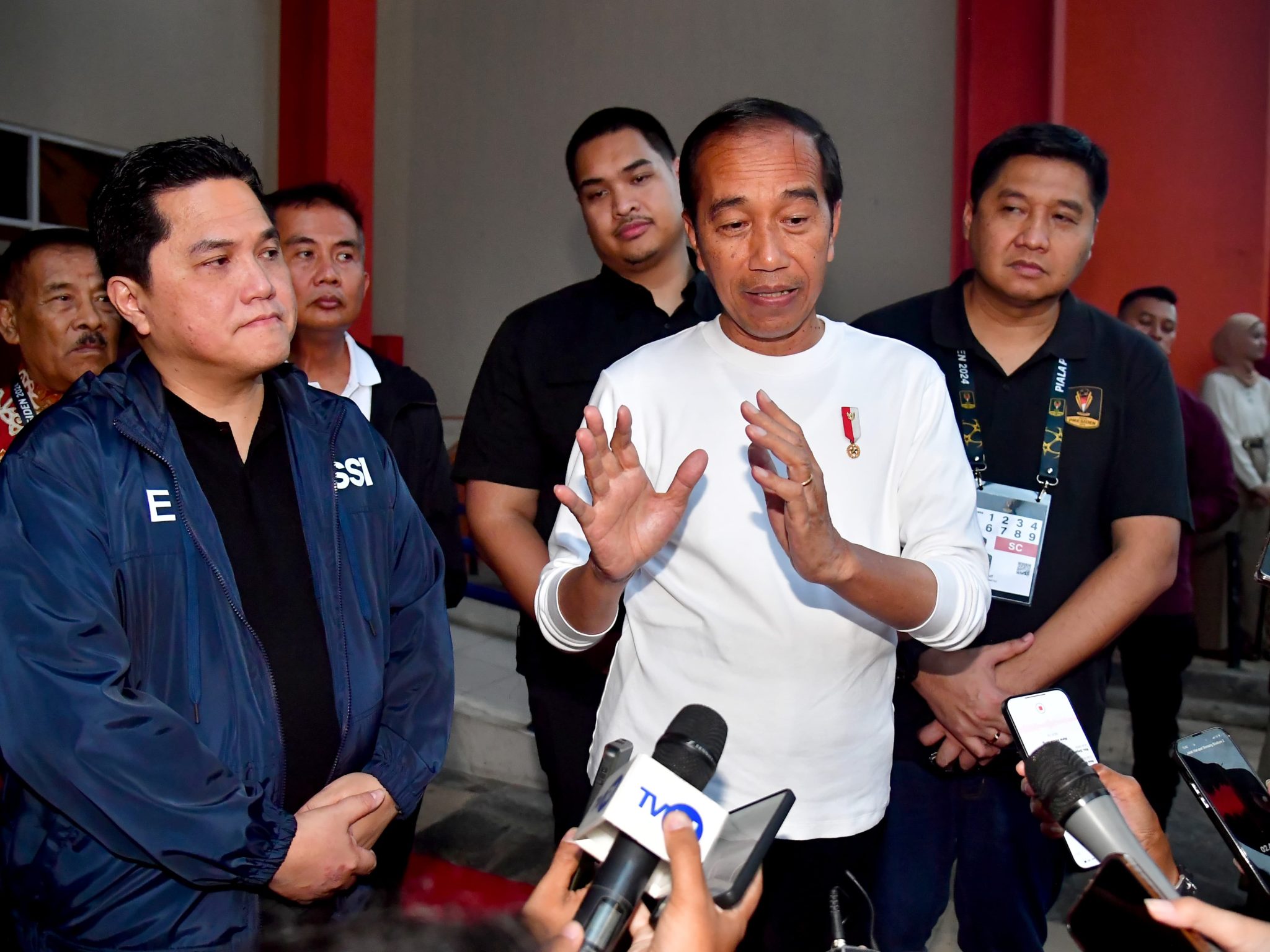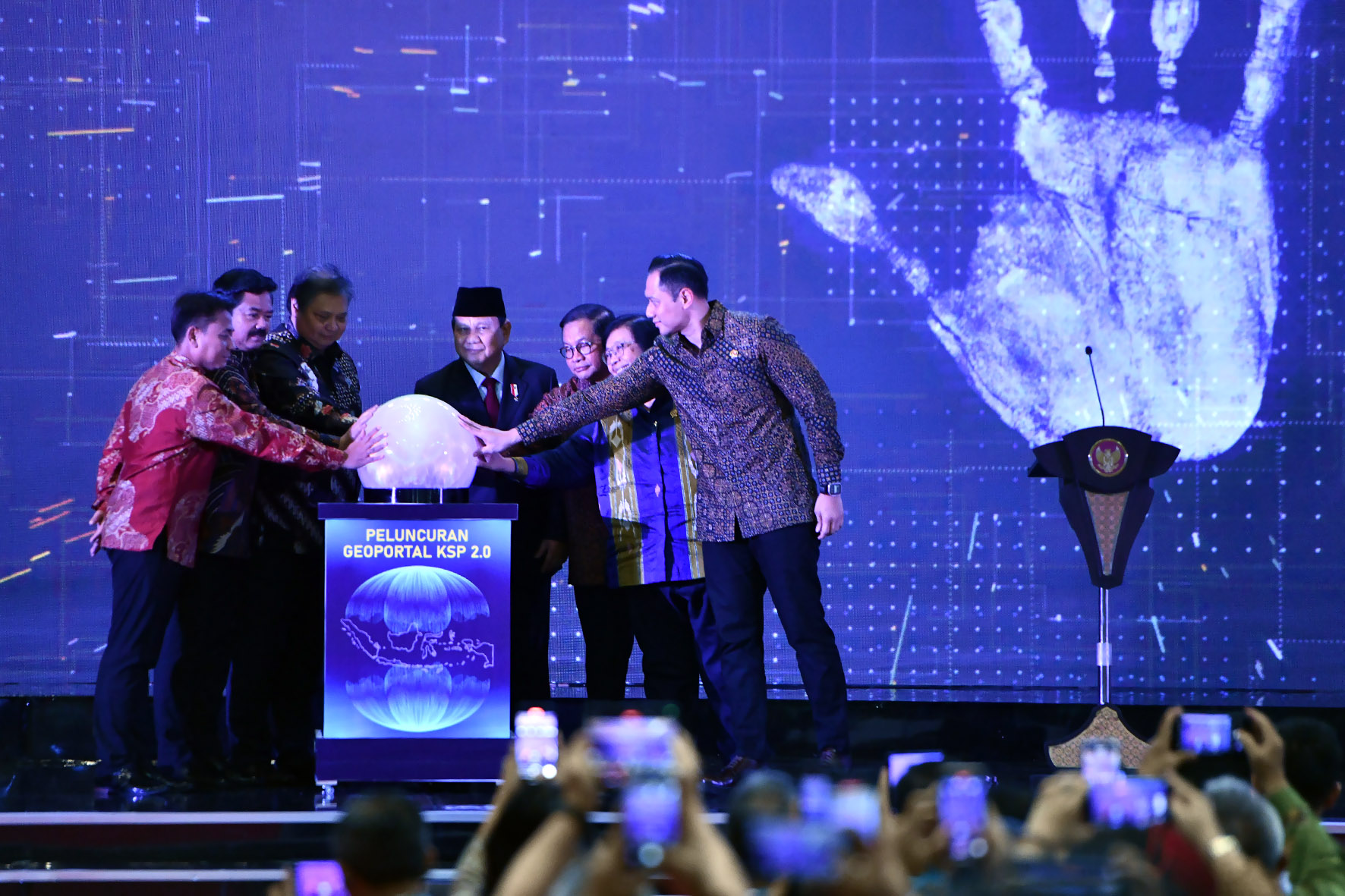Indonesia only uses clean energy recourses 0.3 percent of total potentials
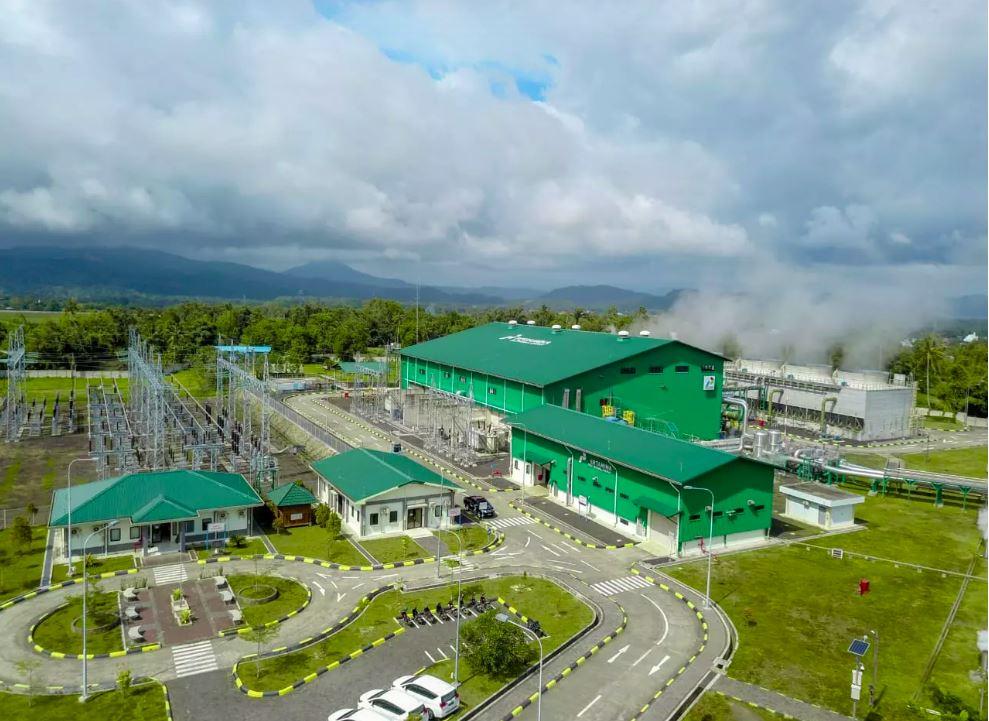
Jakarta (Indonesia Window) – The renewable energy in Indonesia so far has been only exploited 0.3 percent of the total potentials, according to the Ministry of Energy and Mineral Resources.
The total net energy potentials in Indonesia reach 3,64,4 gigawatts (GW) consisting of 3,294.4 GW of solar power; hydro 94.6 GW; bioenergy 56.9 GW; wind 154.9 GW; geothermal 23.7 GW; and sea 59.9 GW, said Secretary of the Directorate General of New and Renewable Energy, and Energy Conservation Sahid Junaidi in an online discussion here on Monday (Nov. 22).
Meanwhile, the clean energy that has been utilized currently is only 10,889 megawatts (MW) consisting of 194 MW solar, 6,432 MW hydro, 1,923 MW bioenergy, 154 MW wind, and 2,186 MW geothermal.
“In addition to the renewable energy potentials, a variety of new energy resources are still not widely explored, such as electricity from nuclear and hydrogen,” he said.
Sahid added, Indonesia is still in a situation where oil consumption is greater than production, increasing oil imports which causes a trade balance deficit.
The Ministry of Energy and Mineral Resources continues to strive to achieve the carbon neutral target in the energy sector based on five main principles, namely increasing the use of clean energy, reducing fossil energy, increasing the use of electric vehicles in the transportation sector, increasing the use of electricity for the household and industrial sectors, as well as utilizing clean technology for capturing and storing carbon.
In the last five years, the addition of clean energy generating capacity was recorded at 1,469 MW with an average increase of four percent per year.
Throughout the January-September period 2021, additional clean energy generating capacity of 386 MW comes from hydro, mini-hydro, geothermal, bioenergy, and solar power.
In order to achieve a long-term strategy on low carbon and climate resilience, the ministry has developed a roadmap outlining the efforts needed to develop new and renewable energy, reduce fossil fuels, and apply clean technology to achieve carbon neutrality by 2060.
Reporting by Indonesia Window



